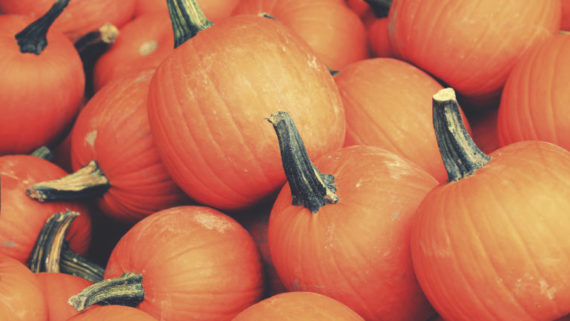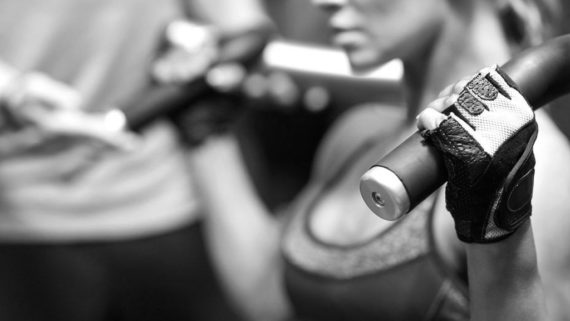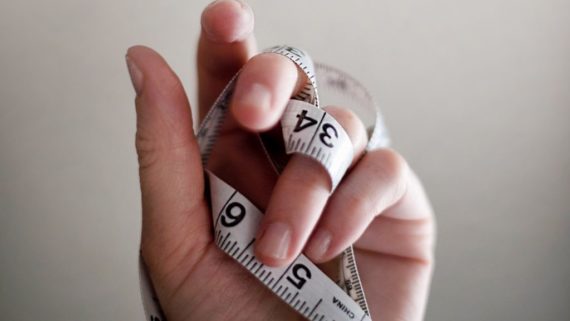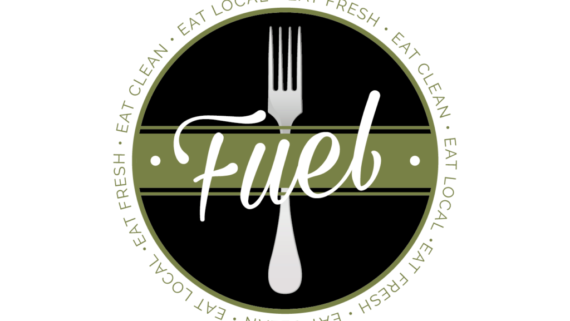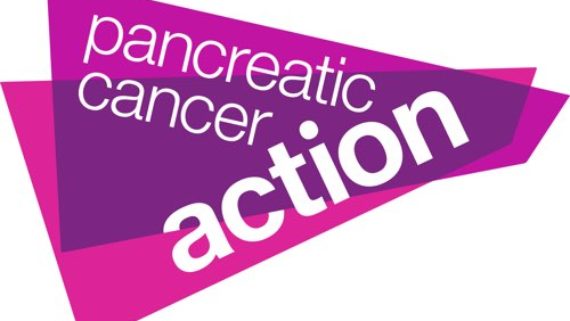Food diaries or trackers are a great way to monitor your daily or weekly food intake. However, these only work if you do so honestly.
So how do they help?
By diarising your food intake you are able to look back on this and see many things. If you have filled out your food log honestly then you can see whether you have eaten enough calories, too many calories, etc.
It may be the case that you only have fruit for breakfast, but over the course of the week, a twice daily latte habit with extra syrup could be hampering your diet goals. I have clients that eat really well (or so they believe) with plenty of salad and fruit. But when they have tracked their food for a week, it can become apparent that the type of food they are eating is not very “nutrient dense”. By this I mean it may hold a high water content (such as some fruit and salad items) and that their diet is void of a number of vegetables or complex carbs.
Keeping a food log should not be seen as a negative thing. By having an accurate log of your weekly food intake, you can see where you can improve and make great changes to your diet.
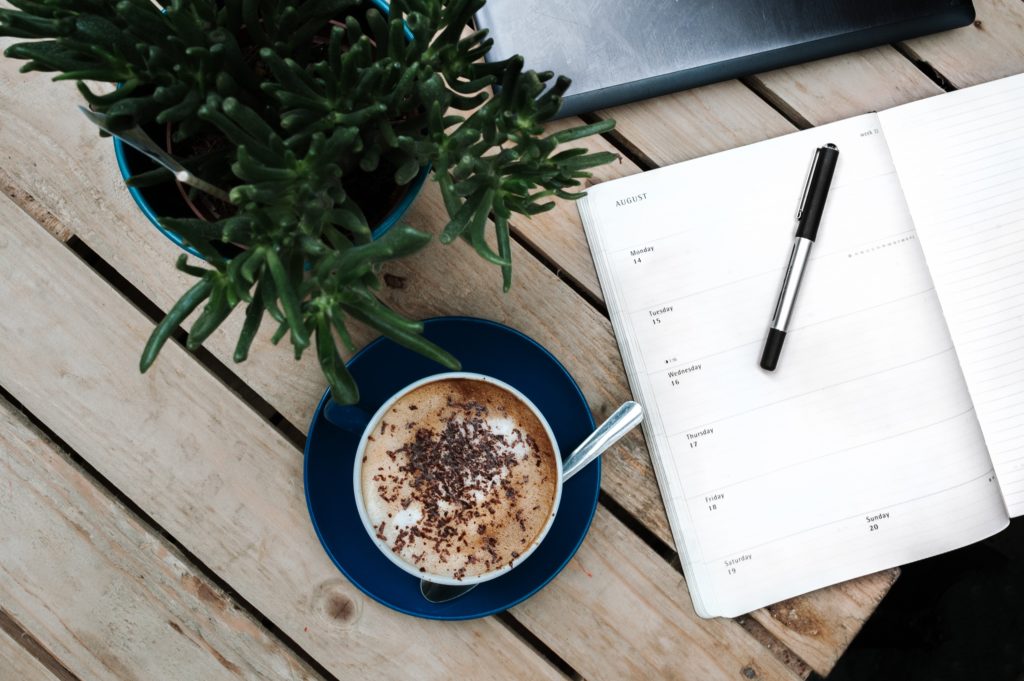
Benefits of Food Diaries
Having recently done this with a client who was not losing weight, despite regularly working out, we found that by removing bad calories (such as fizzy “diet” drinks) and replacing them with good ones, my client was getting a better variety in her diet too.
Also, we could see from her food log that she was not having enough protein from food sources. Despite having lots of salad and fruit, her diet was high in sugar. We were able to add more variety and increase protein sources by adding nuts and yoghurt and eggs and reducing her sugar intake.
So next time you feel you have come to a halt with your nutrition, try logging your food for a week. Do so honestly and look back and see where you can make the changes. Sometimes those small snacks, or missing meals may not seem like much, but over a period of time, it can make a difference to your health goals.

